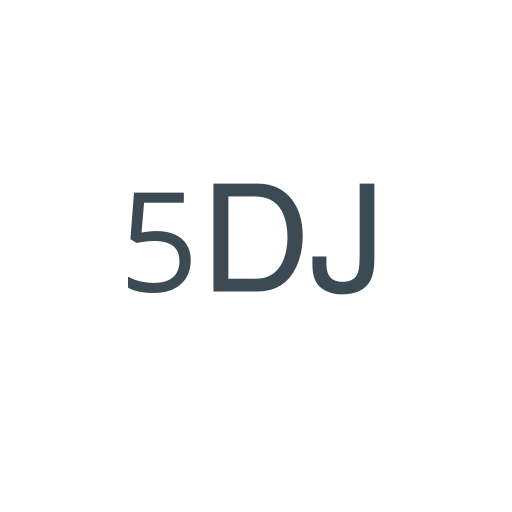If your see the world evolving and you ever ask yourself „How can I start learning coding with no prior experience?“ , than it is the need to solve problems, improve your live, or pursue a more rewarding career.
Unlike the common notion, coding is not just about learning a language; it’s about developing a new way of thinking and tackling challenges. This post is dedicated to all beginners who see coding as a path to change and are ready to embark on this transformative journey.
Your roadmap to become a developer
- Identify Your Motivation and End Goal
- Choose a Programming Language
- Learn the Fundamentals
- Practice Coding Regularly
- Build Projects
- Understand Software Development Tools and Environments
- Learn about Databases and APIs
- Explore Advanced Concepts and Frameworks
- Network and Collaborate
- Prepare for the Job Market
- Why should you become a software developer?
- What is the biggest motivation to learn coding?
- How to develop a problem solver mindset
- What are the first steps to start coding?
- Counting Days
Identify Your Motivation and End Goal
Choose a Programming Language
Select a language based on your interests and goals. For web development, consider HTML/CSS and JavaScript. For software development, languages like Python, Java, or C# are great.
Learn the Fundamentals
Focus on understanding the basics of your chosen language. Utilize online courses, tutorials, and books. Don’t rush; ensure you grasp the concepts thoroughly.
Practice Coding Regularly
Consistent practice is key. Start with small projects and gradually increase complexity. Use platforms like GitHub to document and track your progress.
Build Projects
Apply what you’ve learned by building projects. This could be anything from a simple website to a basic application. Real-world application of skills is crucial.
Understand Software Development Tools and Environments
Familiarize yourself with essential tools like code editors (e.g., Visual Studio Code), version control systems (e.g., Git), and development environments pertinent to your chosen stack.
Learn about Databases and APIs
Get a basic understanding of how databases work and how to interact with APIs. These are fundamental skills in most development projects.
Explore Advanced Concepts and Frameworks
Once comfortable with the basics, start learning about frameworks and advanced concepts in your chosen language or field.
Network and Collaborate
Join coding communities, attend meetups, and contribute to open-source projects. Networking can lead to learning opportunities and potential job offers.
Prepare for the Job Market
Work on your portfolio, prepare for interviews, and consider internships or freelance work. Stay updated with industry trends and continually refine your skills.
Why should you become a software developer?
Determine why you want to become a developer. Is it for career advancement, problem-solving, or personal growth? Your motivation will guide your learning path.
- Beyond Monetary Gains: While coding careers are lucrative, the real value lies in the satisfaction of solving real-world problems. Reflect on what challenges or issues you wish to address with coding skills.
- Self-Empowerment: Emphasize how learning to code can boost self-esteem and confidence, giving you the tools to be an architect of your digital world.
What is the biggest motivation to learn coding?
- Problem-Centric Learning: Rather than starting with a language, begin with a problem you’re passionate about solving. This approach ensures your learning is targeted and meaningful.
- Research and Curate Resources: Suggest specific resources that align with the problem you’re tackling. For web development problems, resources like Mozilla Developer Network (MDN) are invaluable. For data-related challenges, Python with resources like Kaggle can offer practical insights.
How to develop a problem solver mindset
- Learning to Think Like a Coder: Discuss the importance of logic, structure, and persistence in coding. Share strategies for developing these skills, such as practicing with coding puzzles or contributing to open-source projects.
- Embracing Failures as Learning Opportunities: Remind readers that setbacks and bugs are part of the learning curve and key to becoming a skilled coder.
What are the first steps to start coding?
- Start with a Mini-Project: Propose a simple project idea that aligns with their interest or problem they want to solve. For example, if they’re interested in e-commerce, suggest building a basic product listing page.
- Document Your Journey: Encourage keeping a coding diary or blog to track progress, reflect on learning, and connect with others on a similar path.
Conclusion
Learning to code is more than acquiring a skill; it’s a journey towards solving problems, improving lives, and opening new career paths. Emphasize that the key to success in coding is persistence, curiosity, and the courage to tackle challenges head-on.
Anytime in Bangkok and ask yourself, what is important to see? Take a look here.
Counting Days
Here is another app which might be helpful

